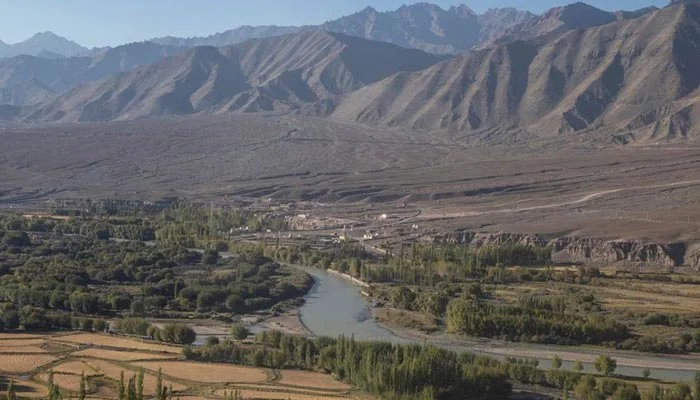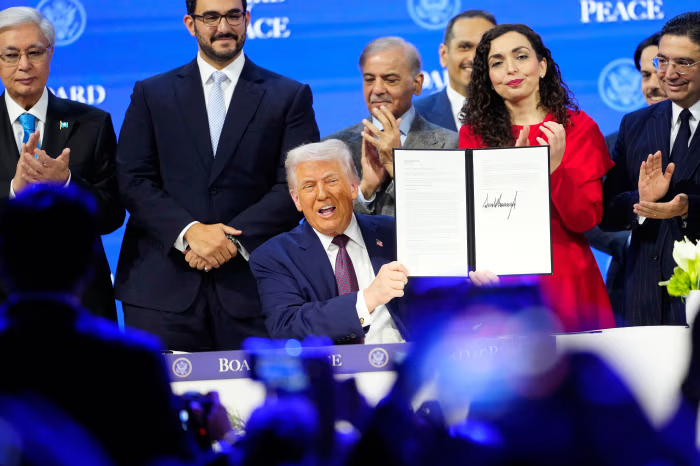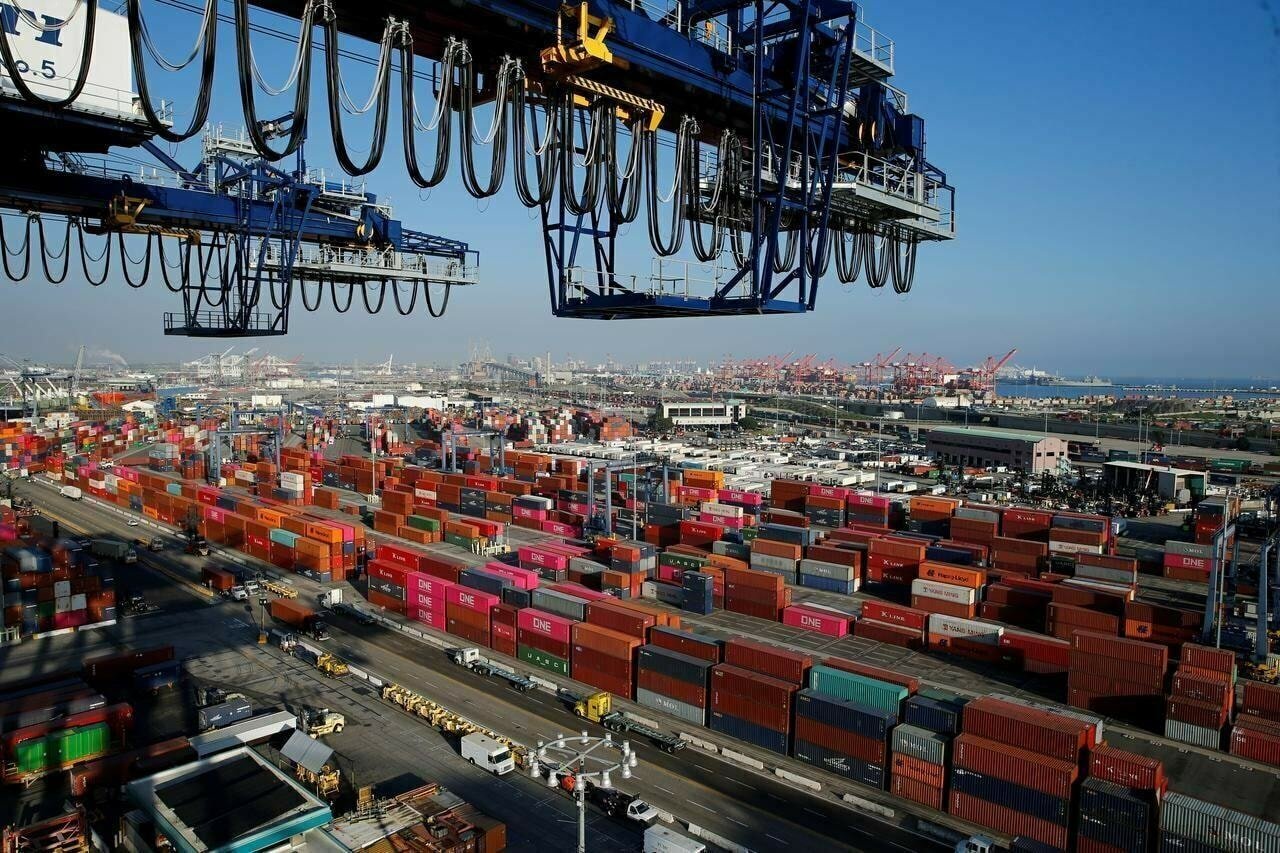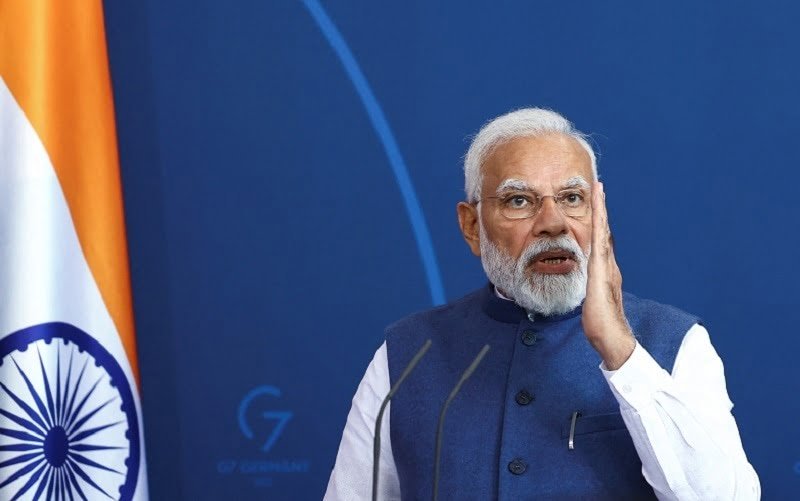Arshad Mahmood Awan
Nearly eight decades after Partition, relations between Pakistan and India remain locked in an unyielding stalemate. The mistrust that has historically defined bilateral ties has been further entrenched in recent months, driven by fresh disputes and dangerous rhetoric. One of the most contentious developments has been India’s unilateral decision in April to ‘hold in abeyance’ the Indus Waters Treaty (IWT) following the Pahalgam attack — a move that strikes at the heart of Pakistan’s water security and challenges international norms governing transboundary rivers.
Follow Republic Policy Website
This decision has not fared well under legal scrutiny. In a recent award, the Permanent Court of Arbitration (PCA) at The Hague ruled that India must “let flow” the waters of the western rivers for Pakistan’s “unrestricted use.” This arbitration, initiated by Pakistan in 2016, is part of a longer legal battle to protect its treaty rights. Earlier, in June, the PCA had issued a similar ruling, rejecting the notion that India could unilaterally suspend the treaty. New Delhi’s rigid stance — including its refusal to recognise the court’s authority — has only deepened tensions. Pakistan, in contrast, has welcomed the ruling, viewing it as an affirmation of its rights under international law.
Follow Republic Policy YouTube
Yet India’s policy towards Pakistan is not confined to water politics. In recent weeks, Indian media outlets, amplifying unverified reports, have sought to portray Pakistan as a reckless nuclear power. Citing a speech reportedly delivered by Pakistan’s army chief in the United States, the Indian external affairs ministry accused Islamabad of “nuclear sabre-rattling” and suggested that extremist elements could compromise nuclear decision-making. Pakistan’s Foreign Office has firmly rejected these claims, insisting the comments were “distorted.”
Follow Republic Policy Twitter
Such allegations are not new, but their timing is significant. With Pakistan’s renewed engagement with Washington after the May skirmish along the Line of Control, it appears New Delhi has been unsettled by Islamabad’s improving diplomatic standing. The failure of India’s broader attempts to isolate Pakistan on the global stage may be driving these renewed efforts to cast doubt over its nuclear security. The problem with such rhetoric is that it inflames public sentiment, complicates diplomacy, and risks pushing both nations closer to dangerous escalation.
Follow Republic Policy Facebook
It is important to acknowledge that Pakistan’s own history in bilateral relations is not without fault. Episodes such as the Kargil conflict remain blemishes on its record, and in the past, opportunities for peace have been squandered. However, the current trajectory under the Modi government has seen hostility take on a more dangerous dimension. The fusion of anti-Muslim domestic rhetoric with an anti-Pakistan foreign policy stance has reduced already narrow diplomatic space, pushing the relationship into increasingly perilous waters.
At the core of the current impasse is a dangerous mix: disputes over vital resources such as the Indus waters, and highly sensitive issues like nuclear safety. Both require sober, rule-based engagement — yet they are being used as tools of political leverage. The PCA rulings serve as a reminder that disputes over shared resources must be resolved within the frameworks agreed upon by both parties. Any deviation from treaty commitments not only damages bilateral trust but also undermines the credibility of international agreements.
Follow Republic Policy Website
From a strategic standpoint, India’s attempt to tie nuclear safety narratives to its broader policy of isolating Pakistan risks internationalising the dispute in dangerous ways. While global opinion may initially be influenced by alarmist headlines, sustained credibility depends on verifiable evidence and consistent engagement with established mechanisms for security and transparency. For Pakistan, the challenge lies in continuing to defend its position with legal precision and diplomatic poise, avoiding reactive escalations that could be construed as validating India’s claims.
Follow Republic Policy YouTube
The reality is that peacemaking between Pakistan and India remains a distant prospect. The political will required for breakthrough diplomacy is absent on both sides. However, there is still scope to prevent further deterioration. This requires reducing inflammatory rhetoric, respecting existing legal commitments, and allowing backchannel or third-party mediation to manage flashpoints. At the very least, both nations must maintain the minimum conditions necessary to avoid renewed conflict.
Follow Republic Policy Twitter
In conclusion, the enduring hostility between Pakistan and India is now being reinforced by disputes over water rights and provocative narratives about nuclear safety. These issues are not only dangerous in themselves but also symptomatic of a deeper malaise in bilateral relations. India must act with restraint, respect treaty obligations, and resist the temptation to escalate through sensationalist claims. Pakistan, for its part, must continue to pursue its case through lawful channels, while ensuring its own messaging remains consistent and credible. Only by replacing confrontation with careful diplomacy can both sides hope to prevent an already fragile relationship from sliding into open crisis.















